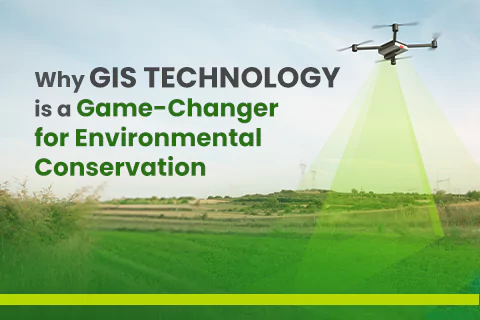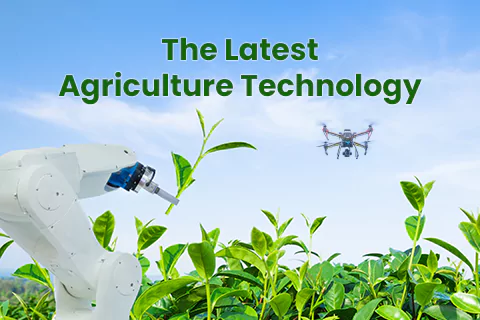Today’s environmental reality has changed miserably as farmers constantly face climatic threats. The fluctuations in global climate have led to a decline in agricultural productivity by 21% as compared to what it should have been. It is because crops majorly depend on weather conditions, so if the weather conditions change, it ruins the crops and ultimately impacts the whole agricultural supply chain. It is possible to deal with these changes in the climate by adapting to specific measures that can help reduce risks due to climate change. However, there are solutions available, but the challenging part is to make these solutions available to farmers.
Hence, it is essential to introduce efficient agri-risk solutions and farming analytics to the farmers:
Farm Risk Management
Farming in India depends majorly on external factors like weather, soil conditions, and climatic changes. Fluctuations in any of these factors can put agriculture at significant risk. So, it becomes essential to adopt specific risk management solutions. Some companies like Leads Connect are working vigorously to provide these solutions to many farmers in India. They aim to deliver end-to-end farm risk management solutions to farmers across India using user-friendly mobile applications with a human touch. Moreover, they also provide accurate and precise claim management services.
Renewable Energy
Energy is a significant requirement for every operation in agriculture, be it related to growing, harvesting crops or storing them in cold storage. Farming requires some of the heaviest machinery, electricity, and transportation, all of which work on fuels and electricity. This large-scale use of liquid fossil fuels and electricity produces greenhouse gas emissions. If the farmers start using renewable energy sources like solar panels and wind turbines and, more importantly, cut on using petroleum-based fertilisers and pesticides, then it will reduce the carbon footprint and benefit the environment.
Data Analytics
Climate change can have significant impacts on agriculture. Managing these sudden impacts can be easier with prior information about future consequences. If the farmers are aware of upcoming storms and potential damages, they can prepare well and find suitable solutions beforehand. It will save the produce, keep the supply chain active, and maintain farmers’ livelihoods. In such situations, data analytics can help these farmers keep track of climate change’s threat. Leads Connect Agri Management team aims to provide services like Climate Risk Scenario Modelling, Environmental Sustainability Analytics, Disaster Management, Earth System Analytics in Climate Change Context and Climate Change Impact Assessment. All such services can significantly help farmers in fighting climate change.
Improve Soil Health
When a farmer uses petroleum-based pesticides and herbicides, it leaves chemical substances in the soil, polluting it. This polluted soil starts losing its richness and ultimately impacts the crops negatively. So, shifting to organic farming products and processes keeps the soil healthy and fertile for future use. Moreover, keeping the natural habitat intact also keeps the natural cycle going, like growing plants that make the soil fertile, adding plants that attract all the necessary insects for pollination and using natural pest control. All these measures will improve soil health and keep agriculture green.
Using Advanced Technologies
In today’s times, when people are adapting to technological developments and incorporating them in every field, it has become imperative to incorporate such technologies in the field of agriculture. Various agrotech solutions are available in the market, like using satellite imagery, sensors, software solutions and agriculture machinery that can make the processes easy and well-planned. These technologies are efficient in monitoring, mapping and managing farming processes in a better way.
Satellite Imagery
The technology of satellite imagery is taking precision farming to a whole new level as satellites are observing these farms 24/7, giving data constantly so that farmers can gain some insights into their farms. This data helps them understand the changes in climatic conditions through historical data.
Remote Sensing
The technology of remote sensing has improved significantly in recent times. It allows farmers to have different views of their crops through satellite-based remote, ground-based, and other crop sensors and keep track of changes in soil activity and crop growth. Remote sensing is a great technology that helps manage agriculture before any natural calamity but also helps in effectively managing the land and soil after the calamity hits.
These are the five ways farmers can fight climate change and bring agritech solutions to their fields. It will benefit the farmers if they hire companies like Leads Connect, who can manage their agriculture well using all these measures.



